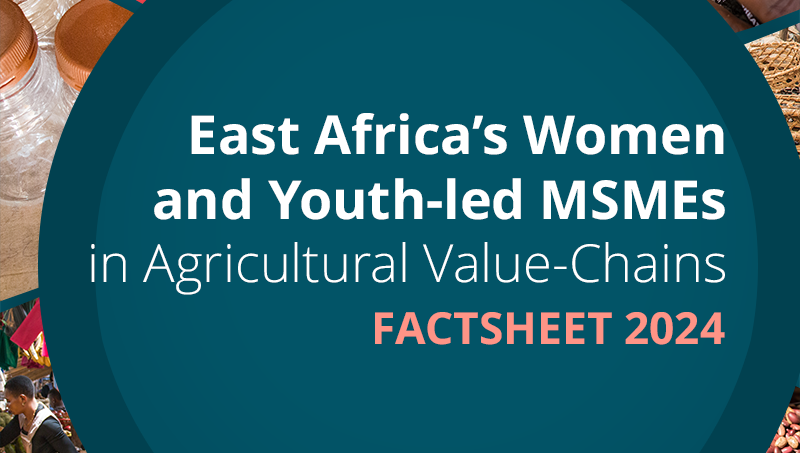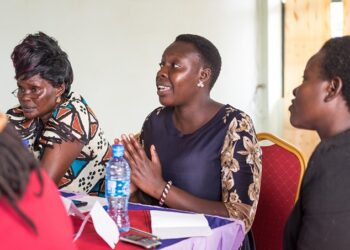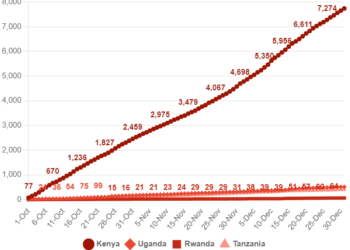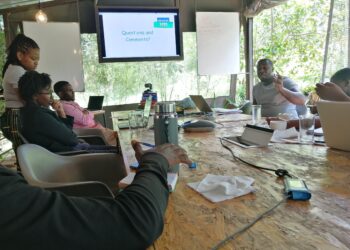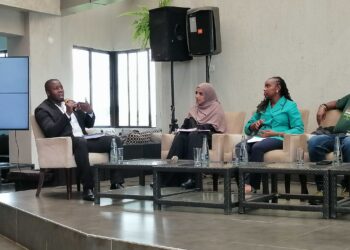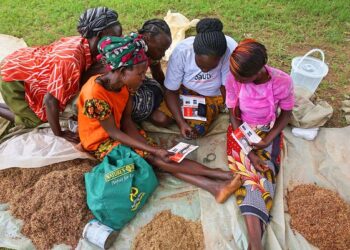News & Updates
-
Agricultural value chains are critical for East Africa’s economic growth and development. Our MSME factsheet report provides a comprehensive resource detailing the agricultural sector and broader MSME landscape in Kenya, Uganda, Rwanda, and Tanzania.
-
Women and youth are pivotal to East Africa’s trade development agenda. We present a stakeholder mapping of trade associations, women and youth-focused trade groups, and private-sector organizations that are driving youth and women-led trade across East Africa.
-
Sauti's coverage of EABC Webinar on "Post Budget Digest 2024/25: Disparities in the Applications of EAC-CET and Impact on EAC Businesses, which emphasized the importance of uniformly applying the East African Community Common External Tariff to enhance intra-EAC trade, investment, and regional value chains.
-
2023 Q4 saw 6,911 new users access all our regional platforms. This report presents our impact monitoring and user behaviour insights from Sauti’s mobile information platform based on usage between 1 October to 31 December, 2023.
-
Last week, Sauti East Africa participated in the highly anticipated Demo Day of the World Food Programme's IGNITE SEED Innovation accelerator, held in Nairobi. We showcased our latest innovation, an AI-powered market intelligence platform for market prices.
-
Sauti East Africa presented at the International Climate Initiative Networking and Knowledge Sharing Event in Nairobi last week, exploring the nexus of climate-smart agriculture and effective implementation strategies.
-
Four out of five women MSMEs report agriculture as their primary economic activity. This report assesses the climate-related information needs of Kenya’s women smallholder farmers with the objective to inform meaningfully relevant and accessible information solutions.
-
2023 Q3 saw 7,168 new users access all our regional platforms. This report presents our impact monitoring and user behaviour insights from Sauti’s mobile information platform based on usage between 1 July to 30 September, 2023.
-
Sauti is excited to announce a partnership with International Climate Initiative (IKI) Small Grants Programme to create equitable access to climate-related information and adaptation tools for women farmers. Sauti will be receiving 127,400 euros of IKI funding.
